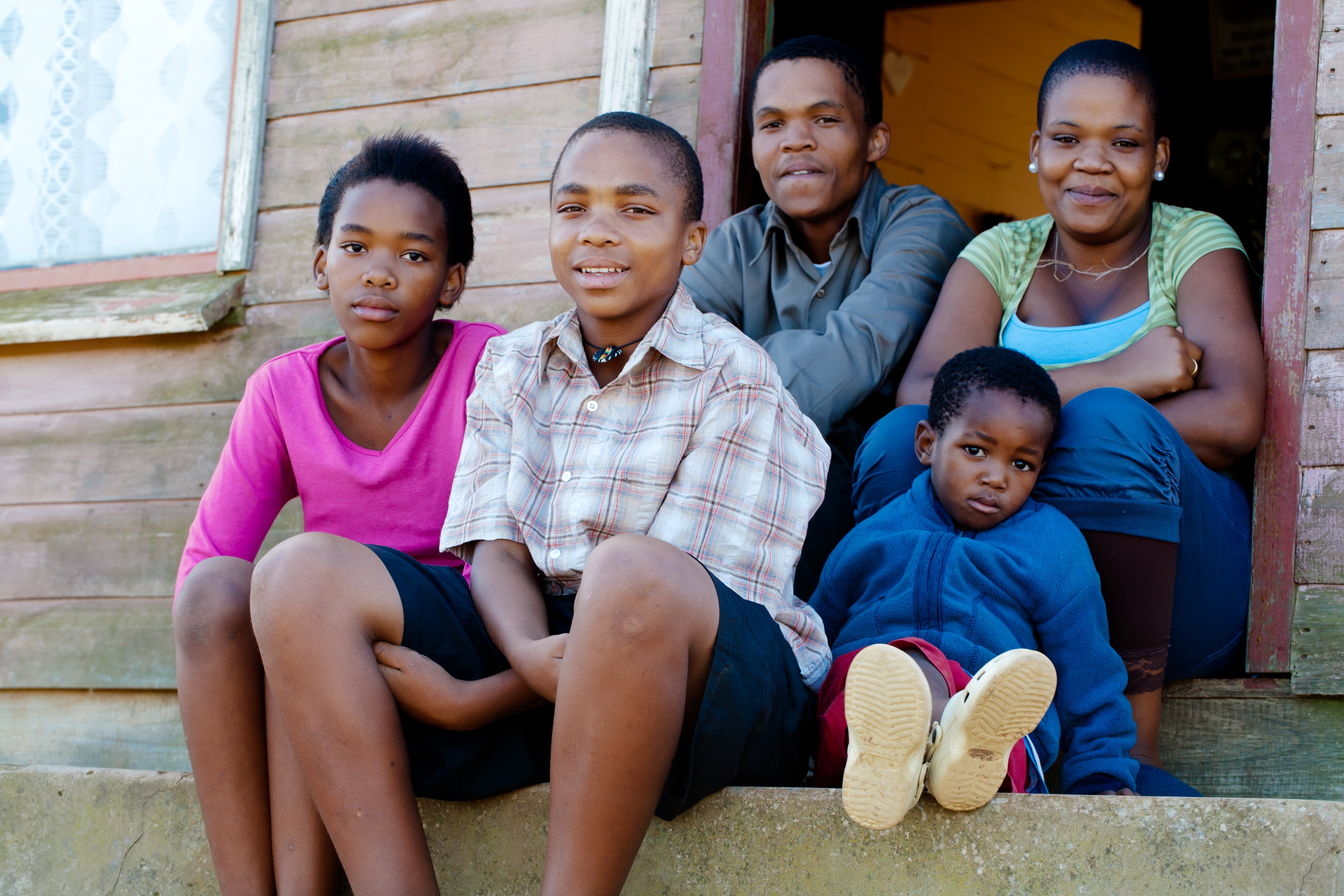How Do Crown Families Impact Society? Unlocking The Influence Of Royalty
Ever wondered how crown families shape the world we live in? From their centuries-old traditions to their modern-day influence, royal families continue to play a significant role in society. But what exactly is their impact, and why does it matter? In this article, we’ll dive deep into the influence of crown families, exploring everything from their cultural contributions to their political and economic effects.
Let’s face it—royalty still captivates us. Whether it’s through fairy-tale weddings, glamorous events, or scandals that make headlines, crown families remain at the center of global attention. But their influence goes far beyond tabloid gossip. From shaping national identity to driving economic growth, royal families have a lasting impact on society.
In this article, we’ll explore how crown families influence different aspects of life, from politics to culture, and everything in between. So buckle up, because we’re about to uncover the hidden power of royalty and how it affects the world around us.
Understanding Crown Families: A Quick Overview
Before we dive into the specifics, let’s take a moment to understand what crown families are all about. Crown families, or royal families, are descendants of monarchs who have ruled over nations for generations. These families often carry titles like king, queen, prince, or princess, depending on their country’s traditions.
While some countries have abolished monarchies, others continue to embrace them. In places like the UK, Sweden, and Japan, crown families remain an integral part of the political and cultural landscape. But what makes them so special, and why do they still hold sway in today’s world?
Let’s break it down:
- Crown families represent tradition and continuity.
- They often serve as symbols of national identity and unity.
- Despite their ceremonial roles, they still wield influence in various areas.
The Cultural Impact of Crown Families
When it comes to culture, crown families are like the ultimate trendsetters. From fashion to art, their influence is undeniable. Think about it—princesses like Diana and Kate Middleton have set style standards that millions around the world aspire to emulate. But it’s not just about clothes; crown families also promote cultural heritage and preserve traditions that might otherwise fade away.
For instance, royal weddings are like global spectacles that bring people together. The wedding of Prince William and Kate Middleton in 2011 was watched by millions worldwide, showcasing British culture and traditions to a global audience. These events don’t just entertain; they also foster a sense of pride and belonging among citizens.
How Royal Weddings Boost Cultural Awareness
Royal weddings are more than just lavish ceremonies; they’re cultural events that celebrate history and tradition. From the intricate details of the wedding gown to the music played during the ceremony, every aspect is carefully curated to reflect the country’s heritage. And let’s not forget the global media coverage, which introduces millions to the host country’s culture.
For example, the Japanese royal family’s weddings often feature traditional kimono ceremonies, offering a glimpse into the country’s rich cultural history. Similarly, Swedish royal weddings showcase the nation’s commitment to sustainability and modern values, while still honoring ancient traditions.
The Political Role of Crown Families
While crown families may not hold direct political power in most countries, their influence in the political sphere is undeniable. In constitutional monarchies, royals often serve as ceremonial heads of state, representing their countries on the global stage. But their role goes beyond just waving flags at international events.
Crown families can act as neutral mediators during times of political turmoil. For instance, during the Brexit debate in the UK, Queen Elizabeth II remained a unifying figure, symbolizing stability and continuity amidst the chaos. Her presence provided comfort to many who felt uncertain about the future.
Moreover, royals often use their platform to advocate for important causes, from environmental conservation to mental health awareness. Prince William and Prince Harry, for example, have been vocal about mental health issues, helping to reduce stigma and encourage open conversations.
The Importance of Royal Advocacy
Royal advocacy can have a significant impact on societal issues. When a member of the royal family speaks out about a cause, it draws attention and mobilizes action. For example, Princess Diana’s work with HIV/AIDS awareness in the 1980s and 1990s helped change public perceptions and reduce stigma around the disease.
Today, royals continue to champion causes that matter. From climate change to education, their involvement can inspire change and encourage others to take action. And because of their global visibility, their messages often reach a wider audience than most.
The Economic Influence of Crown Families
Let’s talk money. Crown families can have a substantial economic impact, both locally and globally. Their presence often boosts tourism, as people flock to visit royal palaces, attend events, or simply catch a glimpse of their favorite royals. In the UK alone, royal-related tourism generates billions of pounds each year.
But it’s not just about tourism. Crown families also attract international investment and foster diplomatic relations. Their involvement in trade missions and cultural exchanges can open doors for businesses and strengthen economic ties between countries.
For instance, the Swedish royal family has been instrumental in promoting Swedish businesses abroad. Through their participation in trade missions and international events, they’ve helped boost Sweden’s global reputation as a leader in innovation and sustainability.
How Royal Tourism Drives Local Economies
Royal tourism is big business. From Buckingham Palace to the Palace of Versailles, millions of visitors travel each year to experience the grandeur of royal estates. These visits not only generate revenue for the venues themselves but also benefit local businesses, from hotels and restaurants to souvenir shops.
In addition to traditional tourism, royal events like weddings and coronations can provide a significant economic boost. For example, the wedding of Prince Harry and Meghan Markle in 2018 generated an estimated $1.5 billion for the UK economy, thanks to increased tourism and media coverage.
Education and Philanthropy: The Royal Way
Crown families are often deeply involved in education and philanthropy, using their platforms to make a positive difference in the world. Many royals serve as patrons of charities and educational institutions, supporting causes that align with their personal values.
For example, Queen Rania of Jordan is a passionate advocate for education, particularly for girls and women. Through her work with the Queen Rania Foundation, she’s helped improve access to quality education in Jordan and beyond. Similarly, Princess Märtha Louise of Norway has dedicated her life to supporting mental health awareness and empowering women.
By leveraging their influence, crown families can drive meaningful change and inspire others to join the cause.
Examples of Royal Philanthropy in Action
Here are a few examples of how crown families are making a difference through philanthropy:
- Queen Elizabeth II’s Commonwealth Trust supports youth leadership and development programs across the Commonwealth.
- King Felipe VI of Spain is actively involved in promoting renewable energy and sustainability initiatives.
- Princess Charlene of Monaco focuses on water safety and drowning prevention, raising awareness and funding for these critical issues.
Social Media and the Modern Royalty
In today’s digital age, crown families have embraced social media as a way to connect with the public. Platforms like Instagram and Twitter allow them to share their lives, promote their causes, and engage with fans worldwide. This direct line of communication has helped demystify royalty and make it more relatable to younger generations.
For example, the Duke and Duchess of Cambridge’s Instagram account has millions of followers, providing a behind-the-scenes look at their royal duties and personal moments. Similarly, the Swedish royal family uses social media to highlight their work in sustainability and innovation.
But social media also comes with challenges. The scrutiny and criticism that come with being in the public eye can be overwhelming, as seen with the Duke and Duchess of Sussex’s decision to step back from royal duties.
Managing the Digital Spotlight
For crown families, navigating the digital landscape requires a delicate balance. While social media offers opportunities for connection and engagement, it also exposes them to criticism and misinformation. To manage this, many royal households have established strict guidelines for their social media presence, ensuring that their messages align with their values and responsibilities.
Despite the challenges, social media has proven to be a powerful tool for royals to connect with their audiences and promote their causes. By sharing their stories and experiences, they can build stronger relationships with the public and continue to shape society in meaningful ways.
The Future of Crown Families
As the world continues to evolve, so too must crown families. The challenges of the 21st century, from climate change to social inequality, require new approaches and fresh perspectives. Will crown families adapt to meet these challenges, or will they remain stuck in the past?
Many believe that the future of royalty lies in its ability to remain relevant and connected to the people they serve. By embracing modern values and using their platforms for positive change, crown families can continue to play a vital role in shaping society for generations to come.
Key Takeaways
In summary, crown families have a profound impact on society, influencing everything from culture to economics. Their role may have evolved over time, but their significance remains unchanged. Here are the key takeaways:
- Crown families shape cultural identity and promote heritage.
- They play important roles in politics, acting as neutral mediators and advocates for key causes.
- Their economic influence is substantial, driving tourism and fostering international relations.
- Through education and philanthropy, they contribute to meaningful societal change.
- Social media has transformed the way crown families interact with the public, offering new opportunities for connection and engagement.
Final Thoughts and Call to Action
So there you have it—the impact of crown families on society is undeniable. Whether it’s through cultural events, political advocacy, or economic contributions, royals continue to shape the world we live in. But their influence depends on their ability to adapt and remain relevant in an ever-changing world.
What do you think about the role of crown families in modern society? Leave a comment below and let us know your thoughts. And don’t forget to share this article with your friends and family—let’s keep the conversation going!
Table of Contents:
- Understanding Crown Families: A Quick Overview
- The Cultural Impact of Crown Families
- The Political Role of Crown Families
- The Economic Influence of Crown Families
- Education and Philanthropy: The Royal Way
- Social Media and the Modern Royalty
- The Future of Crown Families
- Key Takeaways
- Final Thoughts and Call to Action



Detail Author:
- Name : Carmen Kohler
- Email : raleigh06@donnelly.com
- Birthdate : 1975-07-25
- Address : 357 Upton Wall Suite 390 Camryntown, AK 72787
- Phone : +1-916-712-0744
- Company : Romaguera PLC
- Job : Air Traffic Controller
- Bio : Molestiae dignissimos consectetur sequi inventore qui dolor. Ut fugiat odio magni id omnis eos quis accusamus. Laborum voluptatem voluptas pariatur tenetur.